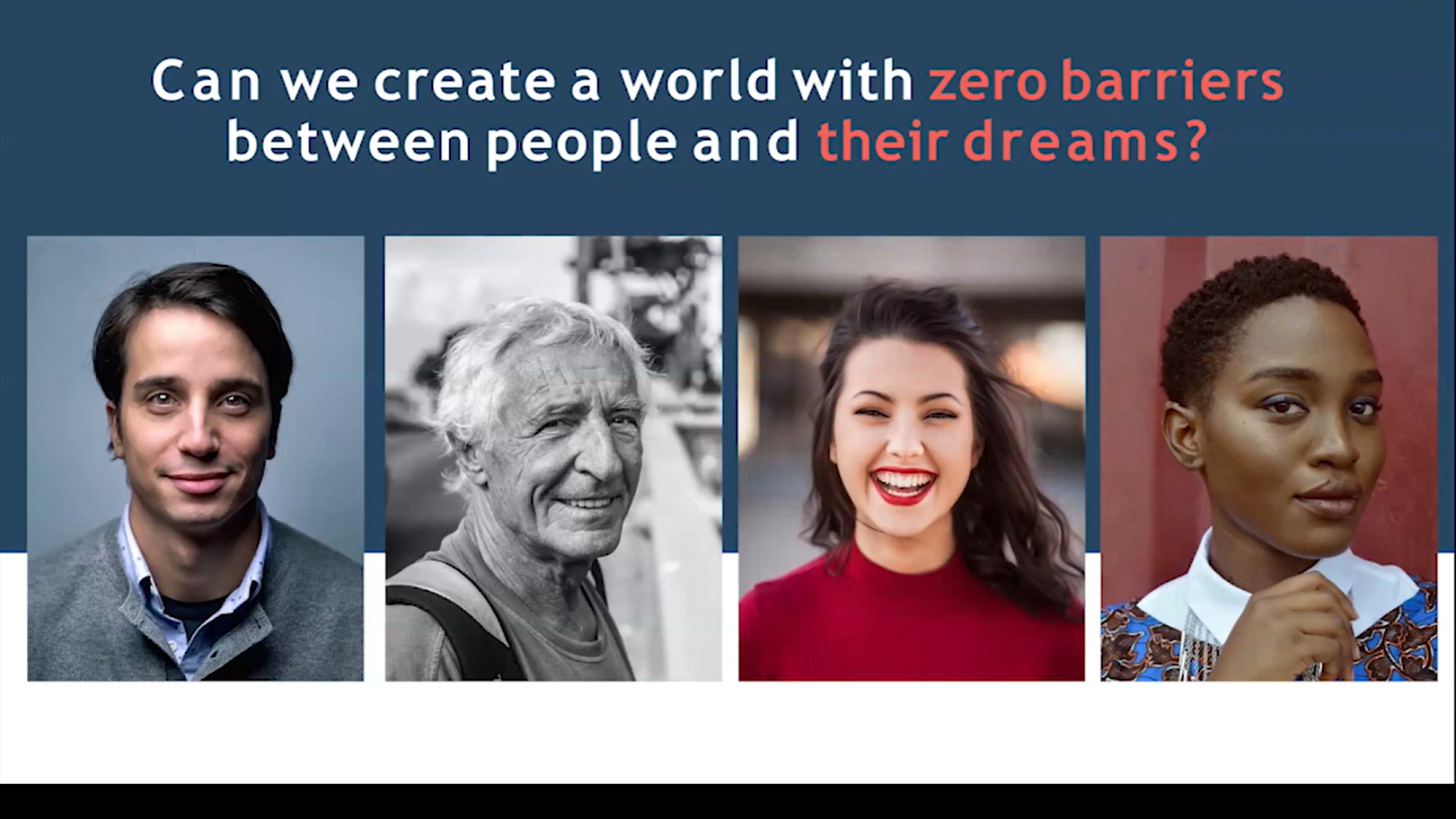The Dynamic Phase Model of Psychological Contract Processes: A Comparative Analysis of App Workers and Traditional Workers
In the evolving landscape of employment, psychological contracts have emerged as a crucial framework for understanding the informal obligations and expectations between employers and employees. Traditionally, these contracts have been viewed as bilateral agreements between individuals. However, the rise of algorithm-driven gig work has prompted researchers to reevaluate this concept, particularly in the context of app workers—those who engage in short-term tasks through digital platforms. A recent article by Rousseau et al. (2018) in the Human Resource Management Journal explores this dynamic phase model of psychological contracts, shedding light on the unique relationships that app workers form with non-human agents, specifically algorithms.
Understanding Psychological Contracts
Psychological contracts encompass the beliefs and perceptions that shape the relationship between an employer and an employee. These contracts are not formally written but are instead based on mutual expectations regarding performance, rewards, and obligations. In traditional employment settings, these contracts are typically centered around the individual worker and their employer. However, the emergence of gig work introduces a new layer of complexity, as workers often interact with algorithms that mediate their relationships with clients and organizations.
The Role of Algorithms in Employment Relationships
Digital labor platforms serve as intermediaries, connecting freelancers with customers for on-demand services. This technological mediation raises important questions about the nature of psychological contracts in gig work. Can workers form a psychological contract with an algorithm? Rousseau and her colleagues argue that they can, and this relationship is shaped by the cognitive processes that govern how individuals perceive and interact with non-human agents.
Anthropomorphism and the Theory of Mind
One of the key insights from the article is the concept of anthropomorphism—the tendency of individuals to attribute human-like qualities to non-human entities. This phenomenon is particularly relevant in the context of app workers, who may begin to view the algorithms that govern their work as possessing thoughts, motives, and intentions. By applying the theory of mind—a cognitive framework that helps individuals understand the beliefs and desires of others—the authors suggest that workers can develop a psychological contract with algorithms.
This anthropomorphizing process allows workers to extend their expectations beyond mere transactional exchanges. They may begin to expect respect, loyalty, and emotional support from the algorithm, thereby enriching the employment relationship with socio-emotional resources.
Implications for Human Resource Management
The implications of this research are significant for human resource management practices. As organizations increasingly rely on digital platforms to manage their workforce, understanding how app workers perceive their relationships with algorithms can inform HR strategies. By recognizing the psychological contracts that emerge in these contexts, HR professionals can better predict worker behavior and tailor their approaches to meet the evolving needs of gig workers.
Expanding Psychological Contract Theory
Rousseau et al. propose a rethinking of psychological contract theory to include non-human agents. This expansion is essential for capturing the complexities of modern employment relationships, particularly in the gig economy. The authors argue that traditional models of psychological contracts may not adequately account for the unique dynamics introduced by algorithmically mediated work arrangements.
Conclusion
The dynamic phase model of psychological contract processes offers a fresh perspective on the relationships between app workers and algorithms. By acknowledging the role of non-human agents in shaping psychological contracts, researchers and practitioners can gain deeper insights into the evolving nature of work in the digital age. As the gig economy continues to grow, understanding these relationships will be crucial for fostering positive employment experiences and optimizing human resource management practices.
In summary, the work of Rousseau et al. highlights the need for a nuanced understanding of psychological contracts in the context of digital labor platforms. By exploring the cognitive processes that underpin these relationships, we can better navigate the complexities of modern employment and ensure that both workers and organizations thrive in this new landscape.


















